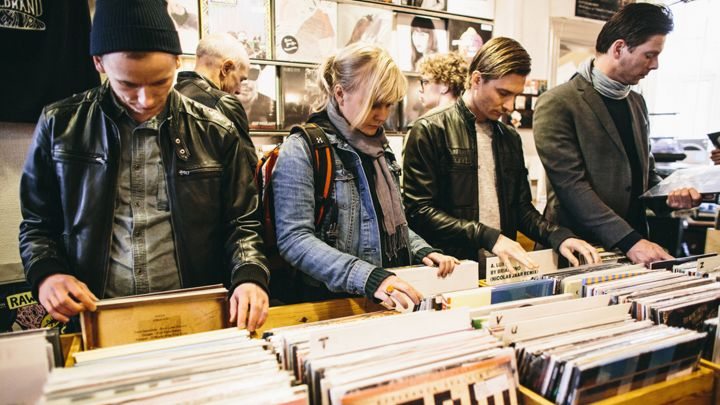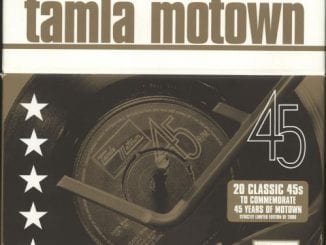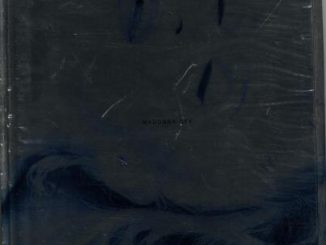
Music Industry Execs Sees Vinyl Rise as More ‘Fad’ Than ‘Explosion’
Last year’s 52 percent jump in vinyl sales has been fantastic for record stores — “and growing more important by the day,” Carl Mello, senior buyer for New England music chain Newbury Comics tells Rolling Stone — but the record industry isn’t quite so enthusiastic. The vinyl explosion has been so pronounced that pressing plants can’t keep up with demand, putting retailers in the awkward position of running out of hit LPs such as Taylor Swift’s 1989, Sam Smith’s In the Lonely Hour and even Jack White’s Lazaretto, which sold more than 86,000 copies and was 2014’s best-selling vinyl album.
But managers and record labels clearly see vinyl as a fad — vinyl makes up just 6 percent of overall album sales, according to Nielsen Soundscan. This may explain why record executives aren’t rushing to prop up the roughly 15 remaining record plants in the U.S. “It’s a great marketing opportunity. While we do expect growth to continue, it’d be hard to project exactly what that’s going to be,” says Candace Berry, general manager of Universal Music Distribution, part of the world’s biggest record label. “I know a lot of people in the business who’ve gotten back into vinyl the last couple years. But I’m not sure they’re playing their vinyl every single day like they’re listening on their device.”
This sentiment of “we love vinyl but . . . ” is common among top record executives. “We welcome it. It’s a sexy, cool product. It represents an investment in music that’s an emotional one,” says Tom Corson, president of Sony-owned RCA Records, home of Usher, Justin Timberlake and Sia. “It is a small percentage of our business. It’s not going to make or break our year. We devote the right amount of resources to it, but it’s not something where we have a department for it.”
That disconnect — fans who love old records but listen to music via streaming or downloads — has made the industry sceptical of going all-in on vinyl. (CD sales dropped 15 percent last year and digital tracks were down 12.5 percent after a decade of growth; by contrast, on-demand streaming, via Spotify and others, jumped 54 percent.) “On a personal level, I love it. I grew up with vinyl. I have a record player. I buy records. It sounds better to me,” says Jonathan Daniel, co-manager of Fall Out Boy, Sia and Wavves. “On a business level, I don’t think it means anything. It’s so small relative to Fall Out Boy or Sia or any of our artists. It’s still not a meaningful part of their business.”
In Omaha, Nebraska, Robb Nansel operates a longtime indie label, Saddle Creek, as well as a small, vinyl-only record store. He says vinyl has been consistent for years — LPs recently made up 50 percent of overall sales for Pujol, one of the label’s newer acts — which helps cover for decreasing CD sales. But he doesn’t expect the LP boom to continue: “It’s always going to be a niche. It’s great, obviously, that people are buying records. Not to be negative about it, but I feel like it’s going to peak, if it hasn’t already.
“From a label perspective, it’s expensive. You’ve got to ship it. There are environmental concerns,” Nansel continues. “But we love vinyl. It’s our preferred format.”
This article was written by Steve Knopper of Rolling Stone Magazine




I ever loved vinyls; since from I was a child I stayed enchanted by looking the black record rotating on the turntable platter while the speakers played its typical “warm” sound. Afterwards, for a lot of years I preferred the cd as it had a stronger dynamics without noise, but it never had the same appeal; two years ago I rediscovered the pleasure to listen the old analogue sound which has something more that I cannot exactly describe. I even replaced my old turntable with a higher level model, which, when playng a good record, gives me a lot of emotions that the digital devices cannot express.
Maybe even because I prefer the old musicians and singers than the new ones (a Frank Sinatra, Bing Crosby or similar are another world than the actual popstars), but even if I listen the same album from vinyl or from a digital media, it is not the same thing.
Does the 6% figure quoted refer to percentage sales by volume or by cash sales? If it is by volume, then given the price difference between a new lp and cd’s or downloads, the surely that would represent 12 – 15% of revenue. Niche market maybe, but a lucrative one that record companies could do much more to promote. In their own best intetests, surely?
Over 55 years I treasured an ever growing archive of LPs of greatest singers, violinists, cellists in recorded history. Now >20,000 in perfect storage conditions. How long before such beauties are made extinct by digital (not CD but pure DSD & immediate access on line)? And what is the cost of the minimalist linear tracking turntable? Please?
Dr Ron Iles
FAD my arse, vinyl sales are going through the roof, the record plants in Europe already have over 6 months waiting list for artists wanting to release their music on vinyl. I think 2016 will blow 2015 sales out of the water, this format is still by far the best for richness and sound, CD sales plummeting and now digital sales slowing down, Vinly gets my vote!!!